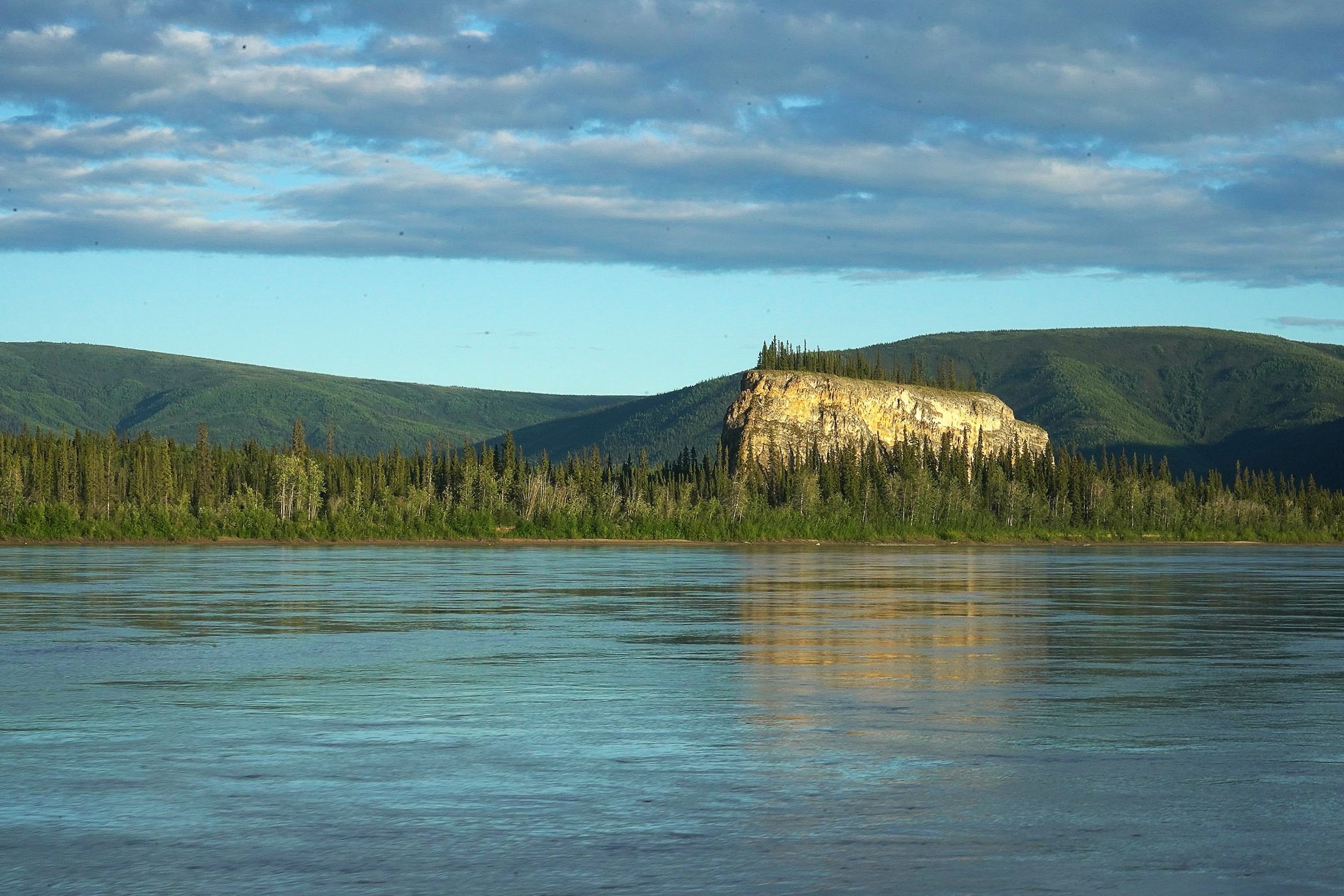Research
Where does law come from? Does ecology shape the law—and how in turn does the law shape the environments around us? How do we decide how we should live in a changing world?
Glacial till heading for the Yukon at the origins of the tributary White River
My current book project, The Long Water: A Biography of the Yukon River, examines how legal ideas—from where law originates to private property, rights to hunt or fish, and Indigenous land claims—and the ecology of the Yukon River mingled and changed each other over the past 200 years.
The Yukon’s Arctic and Subarctic watershed is tied together by the river’s hydrology and the salmon, caribou, birds, forests, people and dozens of other lives and communities along its course. It is also a rich geography in which to think comparatively about the relationship between ecology, sovereignty, and law. The river’s 2000 miles are home to multiple Indigenous nations, including the Yup’ik, Gwitch’in, and Tlingit, all with distinct legal traditions. In the early 1800s, the British and Russian Empires and their attempts to impose jurisdiction met on the Yukon; by the 20th century, the river was legally divided between the United States and Canada. Indigenous, imperial, and nation-state polities all used law, and used it differently, to mediate the human relationship with the natural world. Thinking with the Yukon’s history, this book addresses how laws shape our imaginative and material capacities, if ecologies shape law—and if laws developed through colonization and capitalist extraction are able to flex to the challenges of climate change and extinction.
At the core of the project is the Yukon River itself. The Yukon, like all rivers, is more than a linear, gravity-bound channel—it is a multidirectional system that includes water, sediments (and the stones that birth them), forests (which influence precipitation and stream movement), animals (as bearers of nutrients and shapers of hydrology), fire (creator of deposits and erosion), and the atmosphere (carrier water droplets laden with nitrogen and, more recently, DDT and other toxicants). In the terms of a biogeochemist, the river is key to cycling nitrogen, phosphorus, and carbon. More poetically, the Yukon functions like a lung in the landscape, moving water and minerals to the sea while also carrying moisture, particulates and nutrients inland, on the backs of clouds and in the bodies of salmon. For persons human and otherwise, it is a home. Laws that set out to govern salmon or pesticides or daily life, then, are implicated in the biogeochemical respiration of the river. Legal practices thus become part of the ecological functioning of the Yukon.
A black bear along the bank of the Yukon River’s tributary, the Porcupine
This project contributes to scholarship and larger societal discussions on law, the environment, and the more philosophical question of the human place in the world. The Yukon watershed, in addition to being home to multiple legal traditions, has experienced local versions of issues now global in scale: animal population decline, once from trapping, now from other habitat changes; water pollution due to mining; erosion and deforestation previously caused by mining and logging, but now induced by thawing permafrost and other results of climate change. As rights of nature cases expand in some areas and environmental protections contract in others, this project examines the possibilities for creating a thriving world.
Beyond the Yukon River, I am developing a project on the early experiences of climate change from the 1980s to the present in the US and Russian Arctic.


